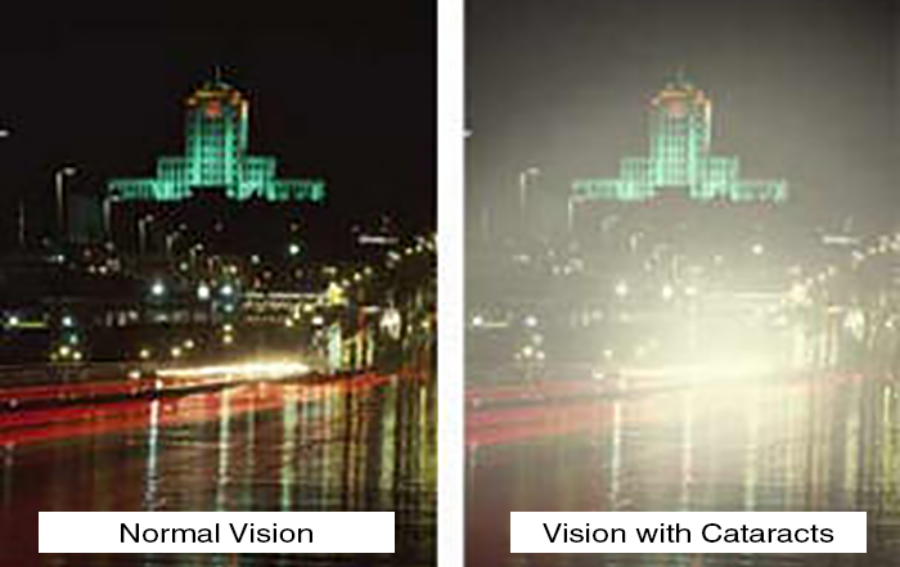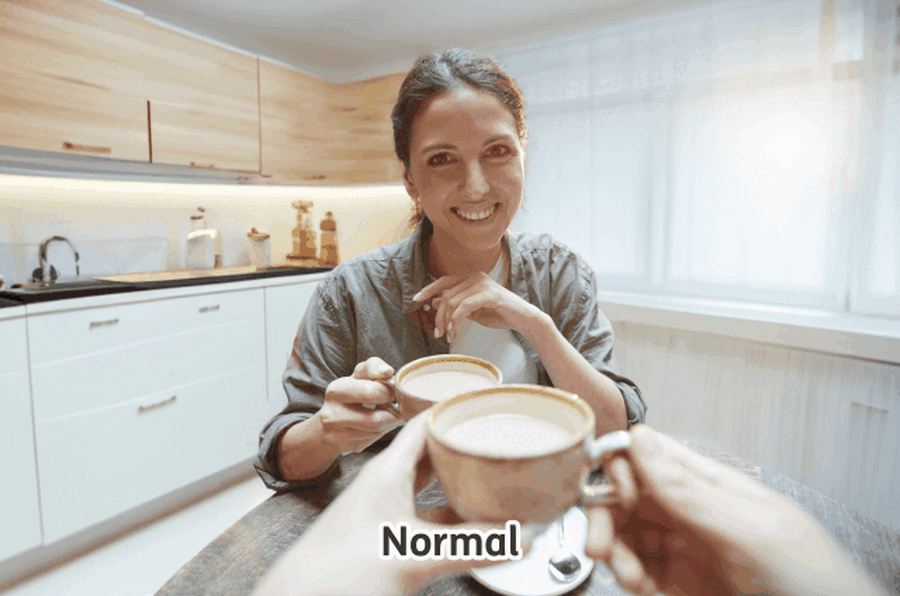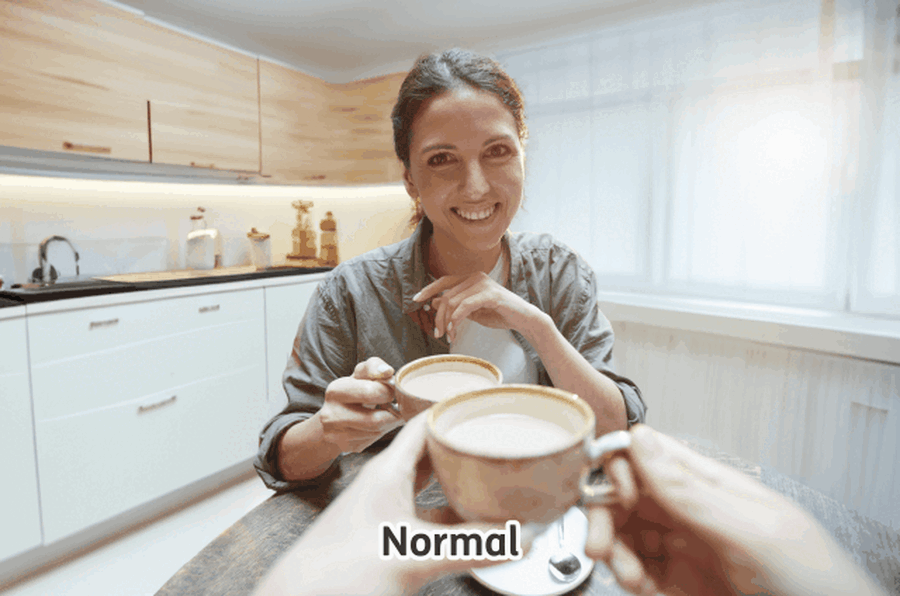Blog post
What Happens to Our Eyes as We Get Older?

Matthew Burford BSc(Hons) Optometry MCOptom - Domiciliary Optician and Professional Services Manager at OutsideClinic
As we grow older, our bodies undergo several transformations, and our eyes are no exception.
Good eyesight plays a pivotal role in your wellbeing and is a significant factor in safety, retaining independence, and maintaining a good quality of life as we get older.
Presbyopia
Perhaps the most common age-related change to the eyes is the hardening of the lens, this can make it more difficult to focus on close-up objects, such as when we are reading.
This condition is called presbyopia. It typically begins to develop in the early to mid-40s.
The most common solution to presbyopia is the use of reading glasses to help you see those close-up objects more clearly, and allow you to continue hobbies that you enjoy, such as reading.

Cataracts
Cataracts are cloudy areas that develop in the lens of the eye, which can cause vision to become blurry or cloudy.
The treatment for this condition is cataract surgery, and it is usually very successful in restoring vision.

Age-related macular degeneration
Age-related macular degeneration, or AMD for short, is another age-related eye condition that can develop as we get older. It affects the macular, the part of the eye that processes what you can see directly in front of you (your central vision).
AMD can cause a loss of central vision, making it difficult to read or see fine details. There are two types of AMD; wet and dry.
Treatment may be possible for wet AMD if identified early enough.
Unfortunately, there is no cure for dry AMD, although there are lifestyle changes and supplements that are through to slow its progression and help preserve vision.
Read more about age related macular degeneration

Glaucoma
Glaucoma is a group of eye diseases that damage the optic nerve, which is the nerve responsible for sending light images from the retina to the brain.
In most cases, the condition develops when too much pressure builds up inside the eye. This disease can lead to serious vision loss or blindness and rarely shows symptoms in the early stages.
By the time you notice any symptoms – usually blind spots in peripheral vision – optic nerve damage is severe. This makes regular eye examinations important.

Dry eyes
Dry eyes occurs when your eyes do not produce enough tears to keep your eyes moist or the tears produced are of poor quality. The prevalence of dry eye syndrome increases with age.
Some medications and medical conditions can cause dry eyes, as can working long hours in front of a computer or in a dry environment.
Symptoms may include blurred vision, contact lens discomfort, excessive tearing, eye fatigue and irritation, feeling like something is in the eye, itching, redness and light sensitivity.

How can you preserve your vision?
Unfortunately, people often ignore early signs of vision problems, hoping their eyesight will miraculously clear up, which rarely happens. When you are young, it’s easy to take your eyes for granted but being aware of eye conditions is important.
These changes to our eyes and eyesight are a natural part of ageing which happens to everyone but staying on top of them is crucial for maintaining our overall health, quality of life and independence.
Balanced diet
Having a balanced diet that is rich in green, leafy vegetables and oily fish can help prevent the development of eye conditions.
These foods are rich in protein, omega-3 and provide you with the vitamins and minerals that your body needs.
Exercise
Exercising regularly can also help to keep your blood pressure low and avoid diabetes. Both of these conditions can affect the eyes.
Stop smoking
Avoiding smoking can help to half your risk of developing macular degeneration in your later years.
The sooner you quit, the better your chances of protecting your eyes. Both your eye health and overall health will benefit from quitting smoking.
Wear sunglasses
Wearing sunglasses can protect your eyes from harmful UV rays. UV rays can increase your risk of temporary sight loss, macular degeneration, and cataracts.
When purchasing sunglasses, look out for the 'CE', British Standard or UV400 marks.
Have regular eye tests
As many eye problems have no obvious signs or symptoms, most Opticians recommend that you have a comprehensive eye exam every one to two years, depending on your age, risk factors and whether you currently wear corrective lenses.
Early diagnosis of eye problems, followed by professional treatment, can either help preserve or improve your vision.

By Matthew Burford BSc(Hons) Optometry MCOptom - Domiciliary Optician and Professional Services Manager at OutsideClinic
Matthew graduated from Aston University in 2004 with a degree in Optometry.



